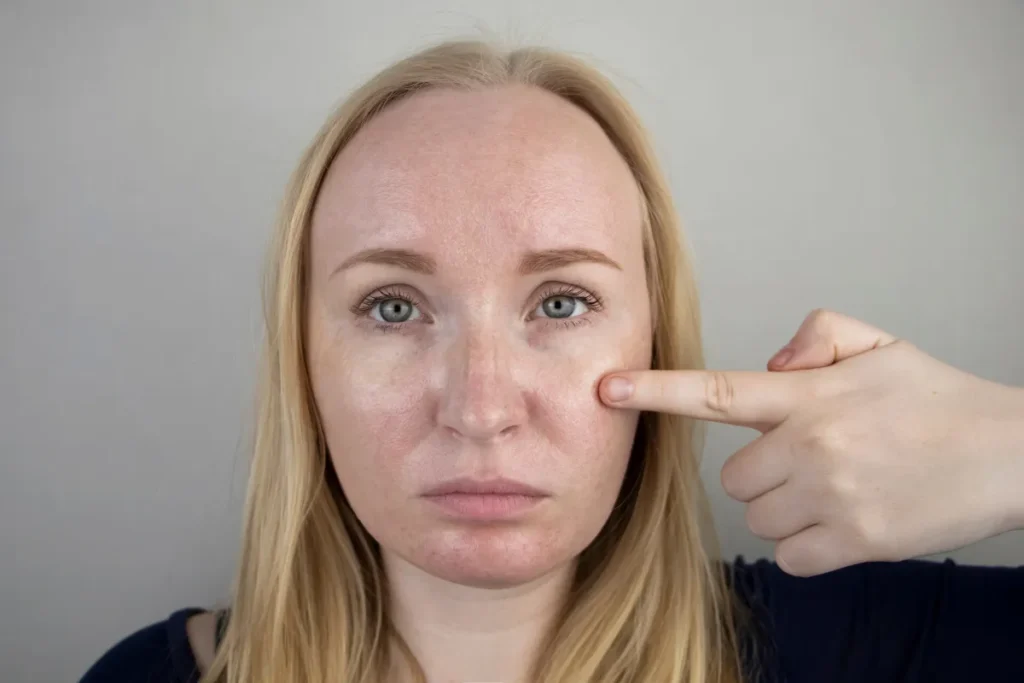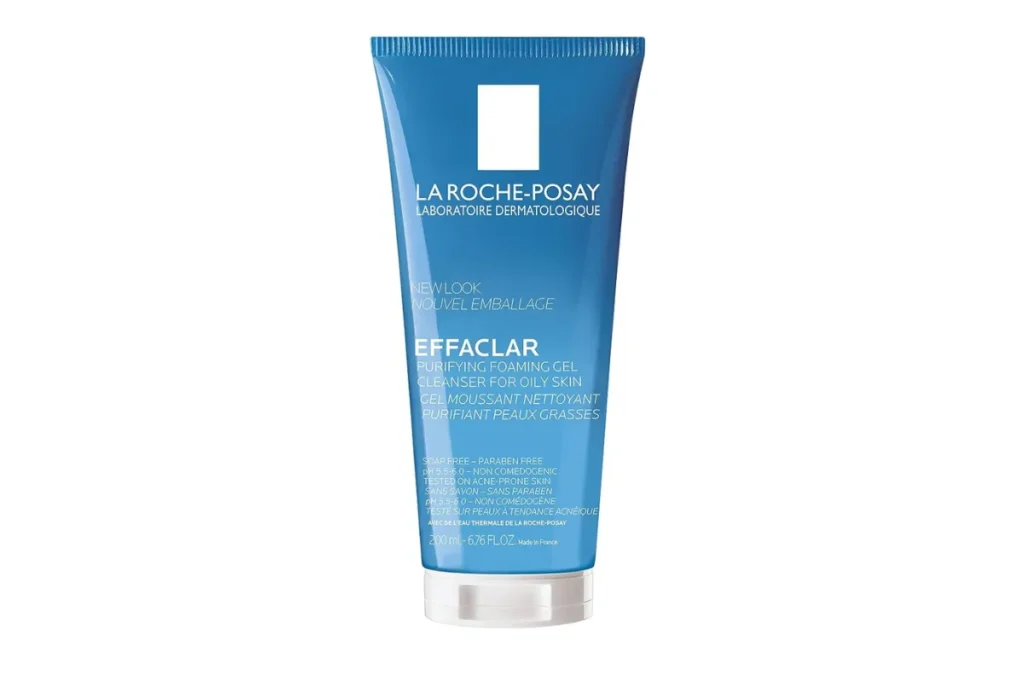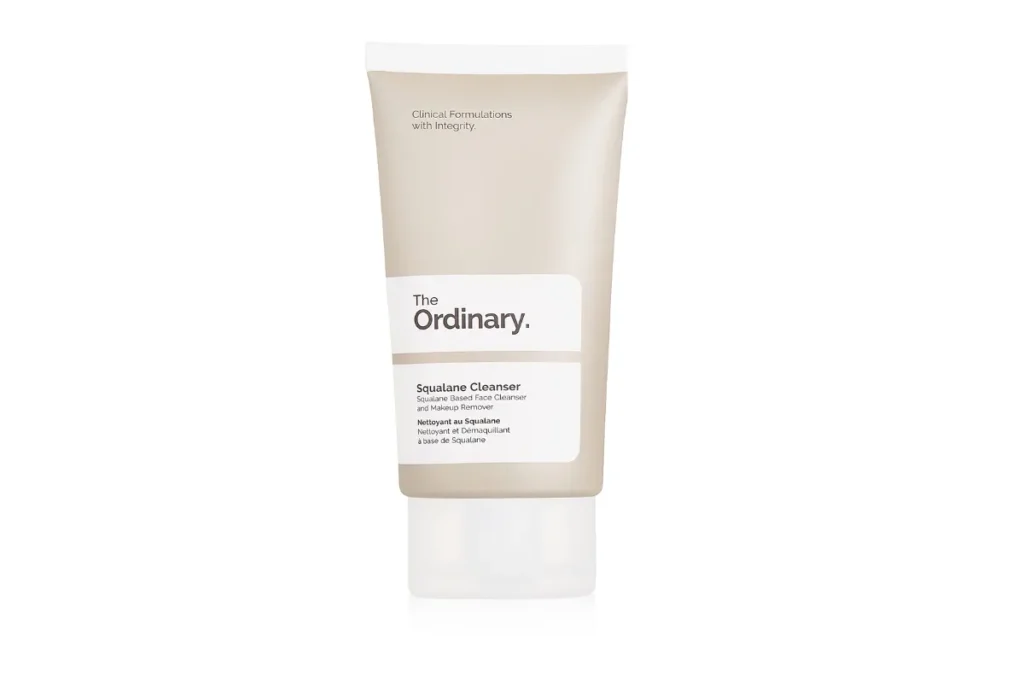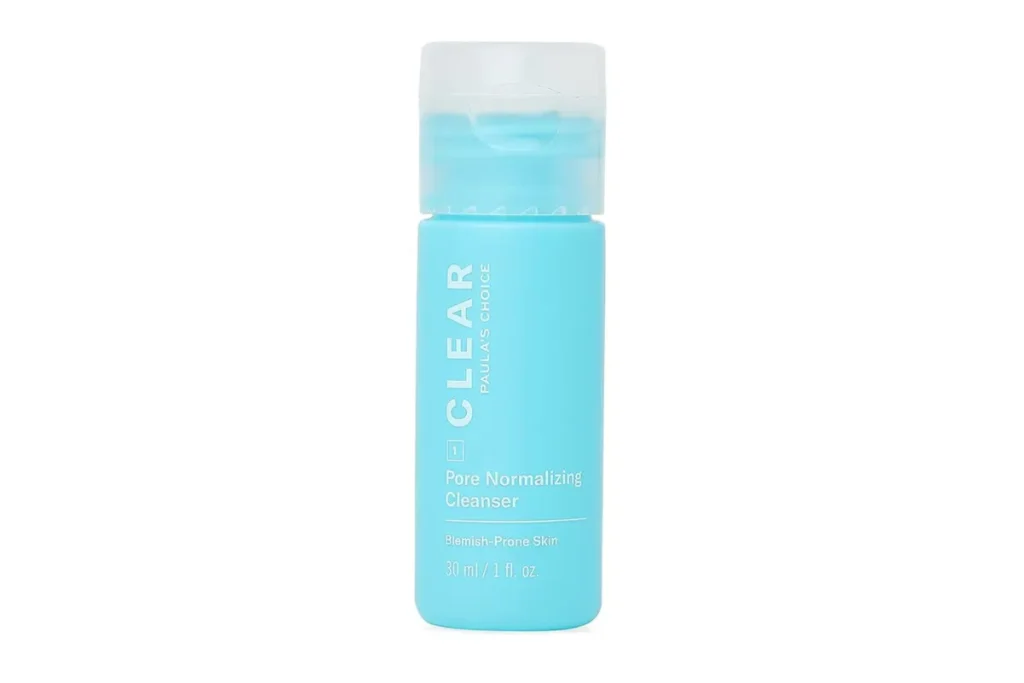Achieving healthy, radiant skin begins with a fundamental step: cleansing.
For individuals with oily skin, this step is crucial in maintaining a balanced complexion and preventing breakouts.
However, selecting the right face cleanser can be overwhelming amidst the myriad of options available in the market.
Fear not! This comprehensive guide will walk you through the essential factors to consider and provide invaluable insights to help you pick the best face cleanser for oily skin.
Understanding Oily Skin:

Before delving into the selection process, it’s essential to understand oily skin and its characteristics.
Oily skin is typically characterized by excess sebum production, leading to a shiny complexion, enlarged pores, and a propensity for acne and blemishes.
The overproduction of sebum can be influenced by various factors, including genetics, hormonal fluctuations, environmental conditions, and skincare habits.
Key Considerations When Choosing a Face Cleanser:
Formulation:
Opt for gel-based or foaming cleansers:
These formulations are effective in removing excess oil and impurities from the skin without stripping away essential moisture.
Look for non-comedogenic ingredients:
Ensure that the cleanser is formulated with non-comedogenic ingredients to prevent pore clogging and breakouts.
Avoid harsh ingredients:
Steer clear of harsh chemicals such as sulfates and alcohol, as they can strip the skin of its natural oils and exacerbate oil production.
Ingredients:
Salicylic acid:
An oil-soluble beta hydroxy acid (BHA) that penetrates deep into the pores to unclog them and prevent acne breakouts.
Tea tree oil:
Possesses antibacterial and anti-inflammatory properties, making it an excellent ingredient for controlling excess oil and soothing acne-prone skin.
Clay:
Clay-based cleansers help absorb excess oil and impurities from the skin’s surface, leaving it feeling refreshed and mattified.
Hyaluronic acid:
Despite having oily skin, hydration is still essential.
Look for cleansers containing hyaluronic acid to maintain optimal moisture levels without greasiness.
Skin Sensitivity:
Consider your skin’s sensitivity:
While oily skin tends to be more resilient, it’s crucial to choose a cleanser that is gentle enough not to cause irritation or inflammation.
Perform a patch test:
Before incorporating a new cleanser into your skincare routine, perform a patch test on a small area of your skin to check for any adverse reactions.
Acne-Fighting Properties:
Look for acne-fighting ingredients:
Ingredients such as benzoyl peroxide, sulfur, and niacinamide can help combat acne and prevent future breakouts.
Seek dermatologist-recommended products:
If you struggle with severe acne or persistent breakouts, consult a dermatologist who can recommend prescription-strength cleansers tailored to your skin’s needs.
Consistency and Frequency:
Establish a consistent cleansing routine:
Cleanse your face twice daily, in the morning and evening, to remove excess oil, dirt, and impurities.
Avoid over-cleansing:
While it may be tempting to cleanse excessively to combat oiliness, over-cleansing can disrupt the skin’s natural barrier and lead to rebound oil production.
Top Picks for Face Cleansers for Oily Skin:
CeraVe Foaming Facial Cleanser:

Formulated with ceramides and hyaluronic acid to hydrate and replenish the skin while effectively removing excess oil and impurities.
Neutrogena Oil-Free Acne Wash:

Contains salicylic acid to unclog pores and prevent breakouts, making it ideal for oily, acne-prone skin.
La Roche-Posay Effaclar Purifying Foaming Gel:

Enriched with zinc pidolate to regulate sebum production and thermal spring water to soothe and purify the skin without stripping its natural moisture.
The Ordinary Squalane Cleanser:

A gentle cleanser that melts away makeup and impurities while hydrating the skin with squalane, leaving it feeling clean and balanced.
Paula’s Choice Clear Pore Normalizing Cleanser:

Contains salicylic acid and soothing botanicals to unclog pores, reduce inflammation, and prevent future breakouts, making it suitable for oily, acne-prone skin.
Conclusion:
Selecting the best face cleanser for oily skin involves considering factors such as formulation, ingredients, skin sensitivity, acne-fighting properties, consistency, and frequency.
By understanding your skin’s needs and preferences, as well as incorporating the right cleanser into your skincare routine, you can effectively manage excess oil, prevent breakouts, and achieve a clearer, more balanced complexion.
Remember, consistency and patience are key when it comes to skincare, so stick to your routine and give your skin the care it deserves.
